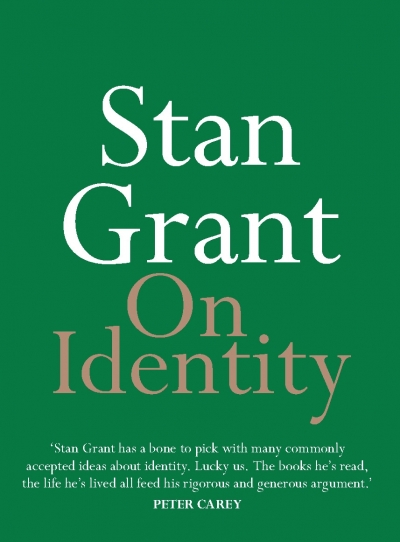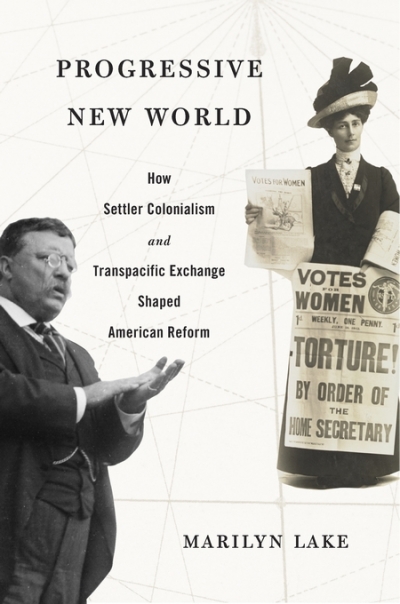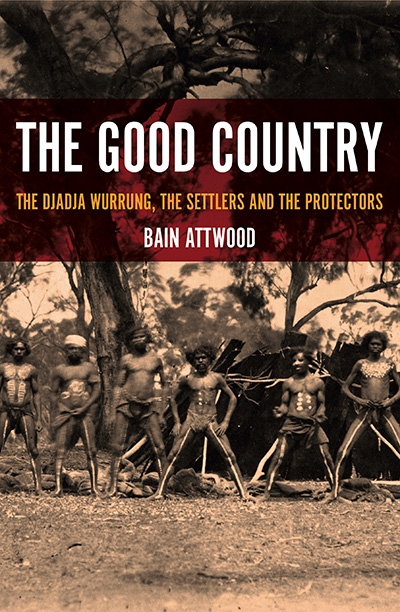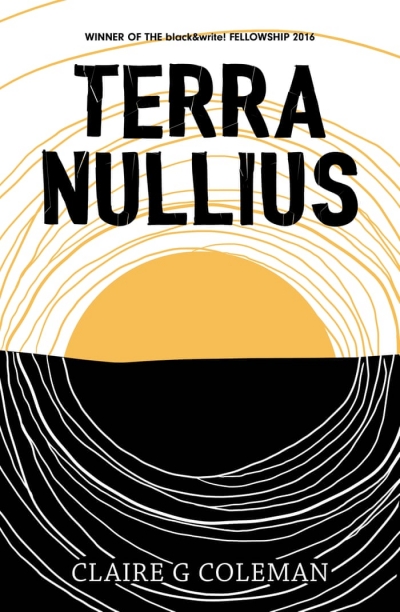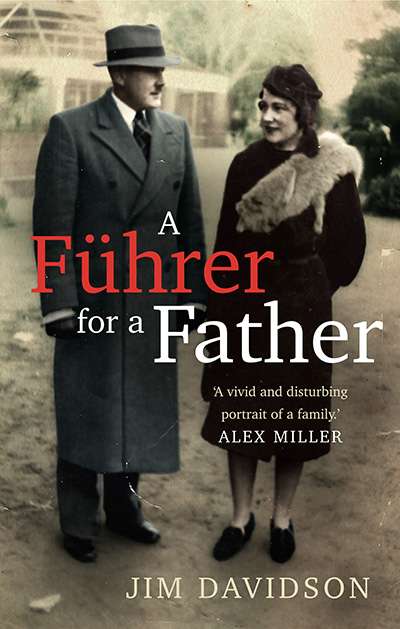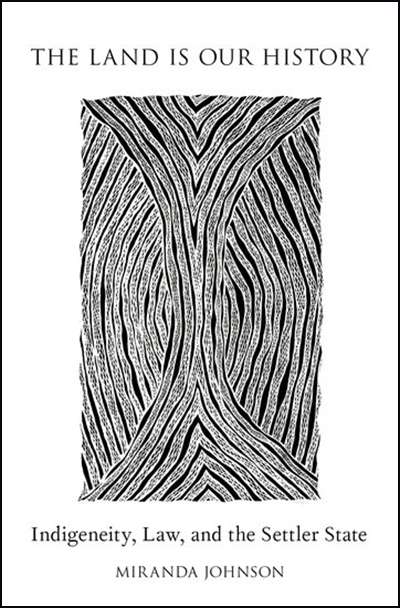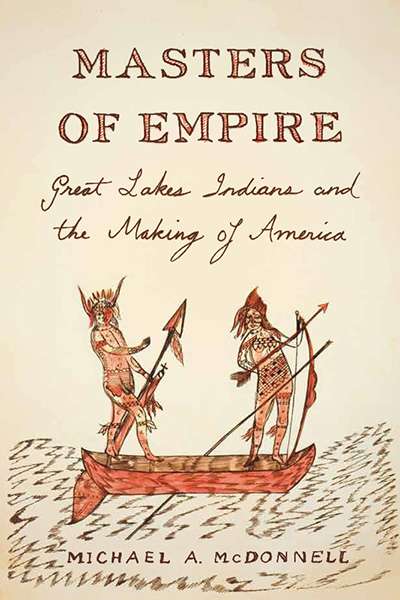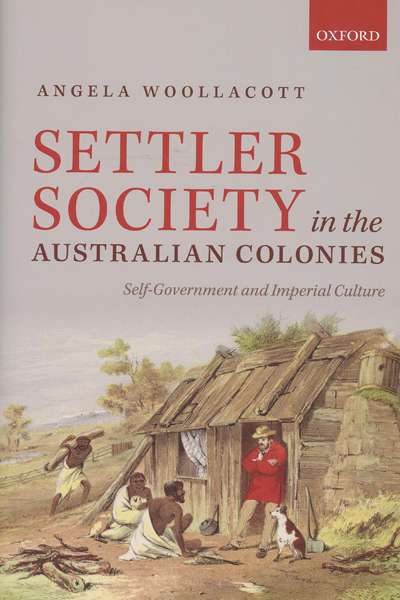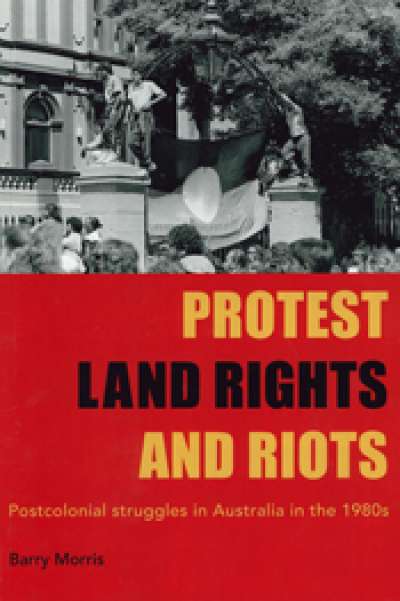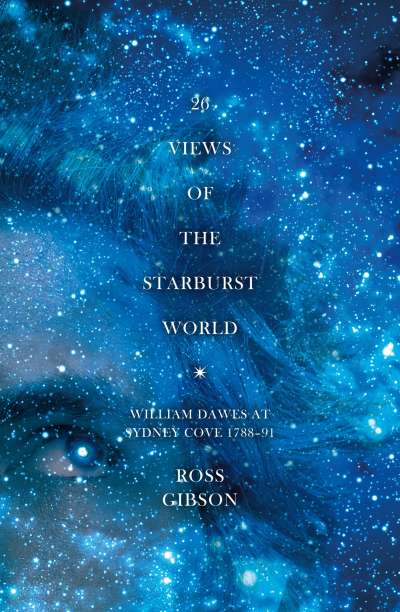Settler Colonialism
Progressive New World: How settler colonialism and transpacific exchange shaped American reform by Marilyn Lake
by Ian Tyrrell •
The Good Country: The Djadja Wurrung, the settlers and the protectors by Bain Attwood
by Amanda Nettelbeck •
A Führer for a Father: The Domestic Face of Colonialism by Jim Davidson
by Brian Matthews •
The Land is our History: Indigeneity, law, and the settler state by Miranda Johnson
by Kevin Bell •
Masters of Empire: Great Lakes Indians and the Making of America by Michael A. McDonnell
by Glenn Moore •
Settler Society in the Australian Colonies: Self-Government and Imperial Culture by Angela Woollacott
by Alan Atkinson •

